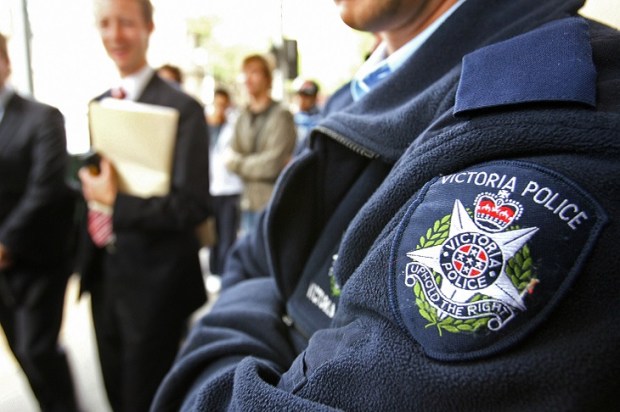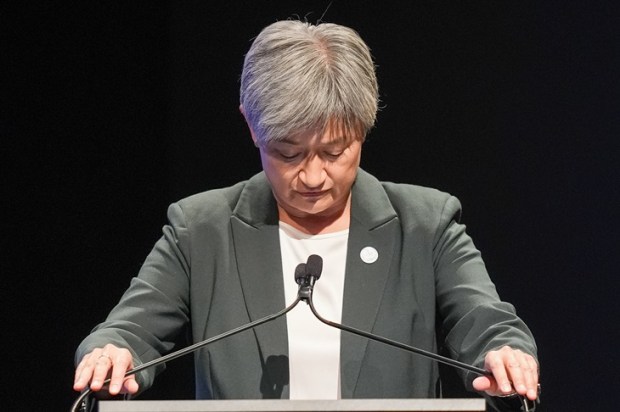The Productivity Commission has recently thrown down the gauntlet on teacher quality, and its importance to the nation’s economic health. Despite the difficulties and complexities, we should pick it up and finally embrace the challenge.
Australia’s educational woes are well documented, with student learning outcomes in free-fall over the last two decades. But a recent report by the Productivity Commission has provided a ray of light.
Its report into Australia’s education system found the largest single factor in student success, and their ability to go on and make a meaningful economic contribution, is teacher quality. As a former teacher myself, I would say: quelle surprise!
The commission determined that students taught by above-average teachers will earn almost $500,000 more over their lifetimes than those taught by average teachers. Not exactly loose change. So, we need to have an overdue and difficult conversation about teacher quality.
Let’s get one thing straight: the majority of our teachers are amazing. They care for the students they teach. They’re dedicated and expert. Before entering Parliament, I was the head of a large secondary school in my electorate, so I know this first-hand.
Nonetheless, as is the case in any profession, some teachers are not currently up to scratch. Do you know someone who, as a result of struggling to get a job elsewhere, ultimately fell into teaching?
I do. And recently, I’ve been really concerned to find out that one in 10 new teachers can’t meet the necessary standard in critical learning areas like numeracy and literacy. Moves are afoot to change this.
Back in 2016 a Literacy and Numeracy Test for Initial Teacher Education Students was introduced. I’m hopeful that it will ultimately become a valuable tool. It’s also good that universities are lifting the ATAR scores required for admission to teaching degrees.
I’ll concede that not every teacher has to be a brain surgeon or a rocket scientist. Yet mastery of their chosen subject area is essential. Teaching requires significant intellectual grunt.
There’s a lot more to do at the front end, but here’s a much trickier question: how do we support the 300,000 Australian teachers – currently plying their craft – to be their very best?
One response must be to put in place meaningful and rigorous systems of teacher appraisal.
I commenced my teaching journey fifteen years ago. As a 24-year-old, entirely new to the profession, I could not believe the amount of autonomy I had. There was certainly no appraisal. What’s more, there were no key performance indicators. Indeed, there was very little oversight of any kind.
This meant that I could teach whatever I wanted, however I wanted. Coming from the fishbowl of politics, as a staffer, I loved my newfound freedom.
Teacher autonomy is hard-wired into the culture of our school systems which we borrowed from the British public school model. After a hundred and fifty years, that’s no easy thing to change. But it’s certainly not conducive to best-practice, or personal growth.
Change has started, albeit slowly, in the best private schools. A small proportion of schools have excellent models in place.
These involve regular lesson observations by a school leader and targeted feedback; student surveys about teacher performance; professional development informed by a mentor; and goal setting with ongoing reviews to assess progress.
Of course, powerful public sector unions are stridently opposed to processes such as these. Yet, in my personal experience, they can be enacted in a way that is highly supportive of staff.
I’ve been appraised myself on many occasions. It’s nerve-wracking, sure. But what I’ve seen is that the many fantastic teachers are affirmed, while those who are struggling are supported to get better, or find a job that better fits their skills.
These conversations are difficult. As a (biased) former teacher I have a high regard for those still in the profession. Yet facts are facts. Our students have never performed worse in the crucial areas of literacy, numeracy, and science – at least not since the Program for International Student Assessment commenced publishing its reports in 2000.
Of course, the quality of teaching is not entirely to blame for this. But it can play a huge part in arresting Australia’s learning decline. That, says the Productivity Commission, will pay real dividends for us all.
Dr Matthew Bach MP – Victorian Shadow Minister for Education
Got something to add? Join the discussion and comment below.
Get 10 issues for just $10
Subscribe to The Spectator Australia today for the next 10 magazine issues, plus full online access, for just $10.


























Comments
Don't miss out
Join the conversation with other Spectator Australia readers. Subscribe to leave a comment.
SUBSCRIBEAlready a subscriber? Log in